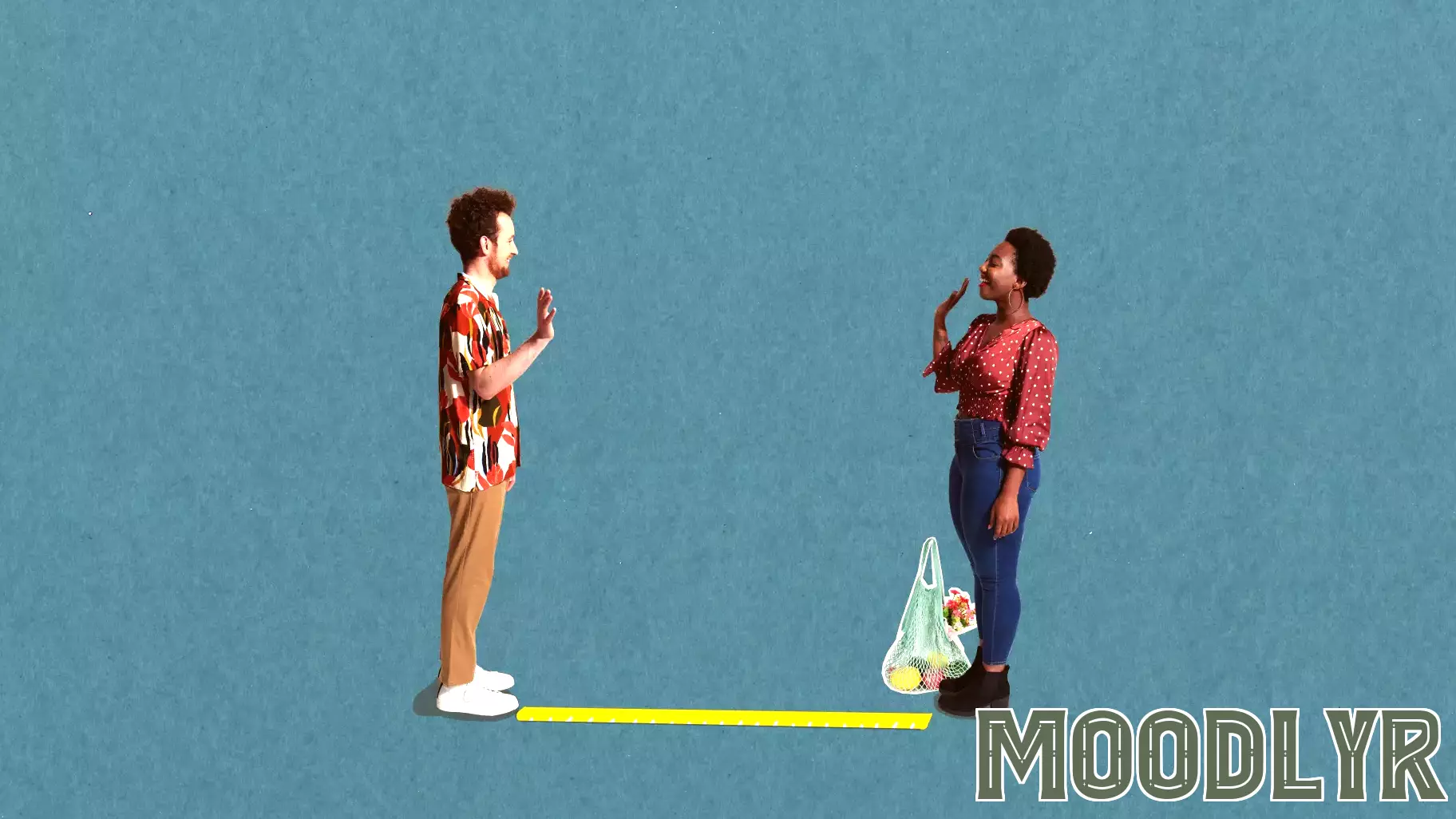Understanding the 'Liking Gap': Misjudging Others' Perceptions of Us
July 10, 2025 - 18:55

Recent research has shed light on an intriguing phenomenon known as the 'liking gap,' which reveals that individuals often misjudge how much others appreciate them. This cognitive bias suggests that people tend to underestimate the positive impressions they leave on others. In social situations, many individuals believe that they are less likable than they actually are, leading to unnecessary feelings of anxiety and self-doubt.
Studies indicate that this gap in perception can stem from various factors, including self-criticism and a heightened focus on one's own flaws during interactions. Participants in experiments often reported feeling less liked than their conversation partners actually felt. This disconnect can hinder social engagement and discourage individuals from pursuing new relationships or deepening existing ones.
Understanding the 'liking gap' can encourage individuals to approach social interactions with more confidence. By recognizing that others may hold a more favorable view of them, people can foster better connections and enhance their overall social experiences.
MORE NEWS

February 21, 2026 - 02:30
Home Really Is Where the Heart IsThe age-old saying `home is where the heart is` is more than just a sentimental phrase; it is a neurological reality. New research suggests that the profound feeling of home is an idea we...

February 20, 2026 - 05:37
Racist Attitudes Linked To Future Psychological Distress – But Could Both Be Fueled By Something Else?A new research study is challenging the straightforward assumption that holding racist views directly causes future mental health problems. While confirming a link between prejudiced attitudes and...

February 19, 2026 - 04:05
UWM Professor Uses Sport Psychology Research to Solve Real-World ProblemsProfessor Barbara Meyer possesses a uniquely analytical lens that she applies to nearly every situation. Whether she`s guiding Olympic athletes, consulting with a university soccer team, or simply...

February 18, 2026 - 03:25
Why couldn't Ilia Malinin handle the pressure? Sports psychologists offer their thoughtsThe recent performances of top athletes have reignited a crucial conversation within the world of elite sports: the immense psychological burden of competition. While the spotlight often falls on a...